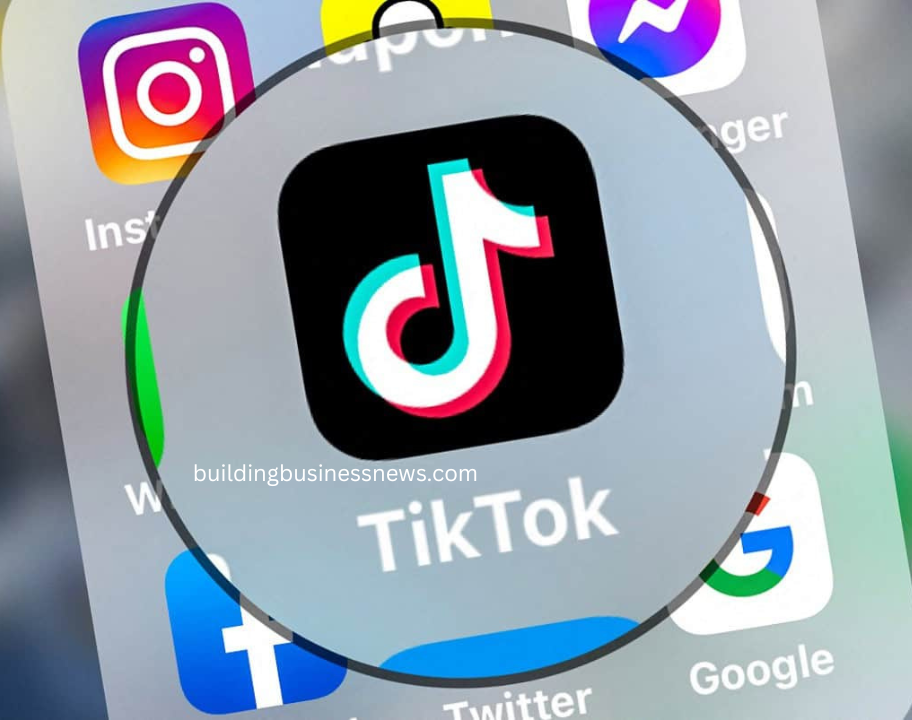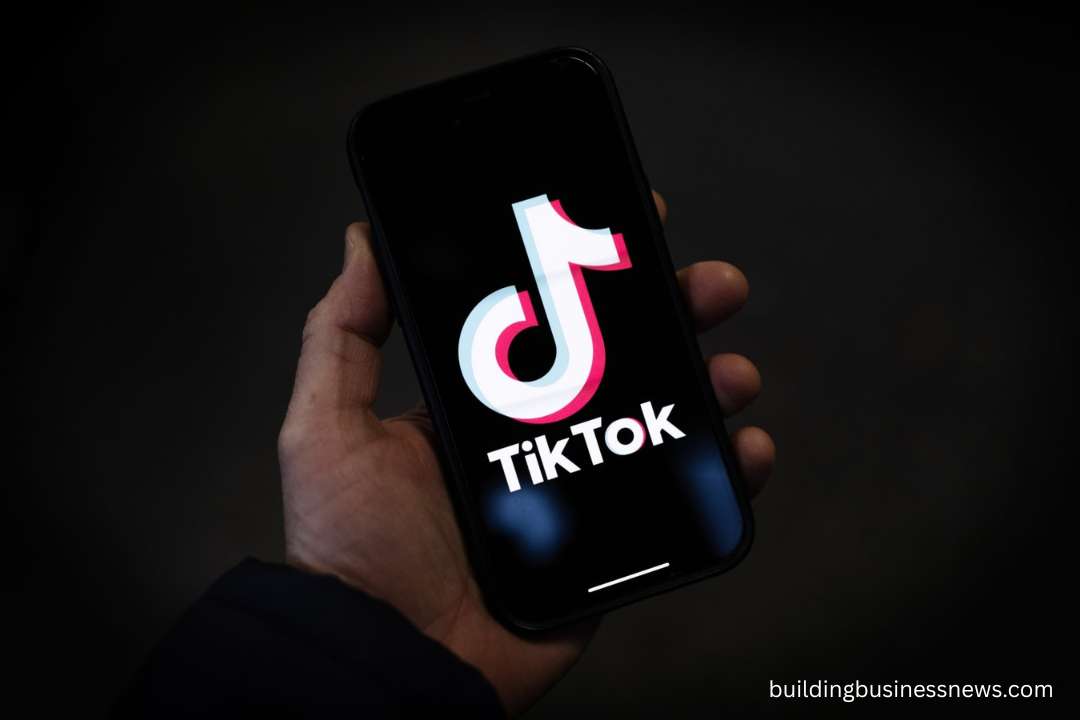The TikTok ban has been one of the most debated tech policy decisions in recent U.S. history. This social media giant, owned by Chinese company ByteDance, has faced repeated scrutiny from American lawmakers over data privacy and national security concerns. However, in a surprising twist, former President Donald Trump is now reportedly planning to delay the implementation of the TikTok ban, according to recent statements from the White House.
TikTok Ban Delay Shifts Policy Landscape
The announcement of a delay in the TikTok ban marks a significant pivot from Trump’s previous hardline stance. In 2020, Trump signed an executive order mandating ByteDance to sell TikTok’s U.S. operations or face a nationwide ban. The original deadline, extended multiple times due to legal and political complications, now seems to be in flux once again.
White House officials have stated that Trump is reassessing the timing of the ban due to ongoing negotiations and potential legal ramifications. This delay has reopened the debate over how to handle foreign-owned apps that operate on U.S. soil.
National Security Concerns Continue to Fuel TikTok Ban Debate
Despite the decision to delay, national security concerns remain central to the TikTok ban narrative. Intelligence officials and lawmakers have repeatedly warned that TikTok could serve as a tool for the Chinese government to collect sensitive user data from American citizens. While TikTok has consistently denied these allegations, saying it stores U.S. user data outside of China and employs strict access controls, skepticism remains.
The Trump administration previously cited these concerns when pushing for a forced divestment or outright ban. Now, as the ban is put on hold, many critics argue that the core security risks have not been resolved, and that the delay could weaken the government’s leverage over ByteDance.
TikTok Responds to Trump’s Ban Delay
In response to the news, TikTok expressed cautious optimism. A spokesperson for the company stated, “We appreciate the opportunity to continue our conversations with U.S. officials and remain committed to addressing national security concerns transparently.” The company has also continued investing in its U.S. operations, hiring thousands of employees and building a new data center infrastructure known as “Project Texas.”
The TikTok ban delay gives the platform more time to solidify its U.S. presence and build trust with regulators. However, critics argue that the longer the delay, the more difficult it becomes to implement effective restrictions if ByteDance fails to meet U.S. conditions.
Trump’s Evolving Stance on the TikTok Ban
Trump’s initial push for the TikTok ban was seen as part of a broader effort to decouple U.S. technology from Chinese influence. The move aligned with other actions targeting Chinese telecom companies like Huawei and ZTE. However, Trump’s evolving stance on the ban may reflect shifting political calculations.
Insiders suggest that Trump is weighing the economic implications of the ban, especially in swing states where TikTok has a large user base and significant business impact. Delaying the ban allows Trump to maintain pressure on China while avoiding immediate backlash from American TikTok users, many of whom are young voters.
Political Implications of TikTok Ban Delay
The TikTok ban delay could carry political consequences as the 2024 election cycle gains momentum. While national security remains a bipartisan concern, there is growing division over how to address tech regulation without stifling innovation or alienating young voters.
By postponing the ban, Trump may be attempting to appeal to both hawkish conservatives and tech-savvy moderates. However, opponents could frame the delay as a sign of inconsistency or political opportunism.
Legal Challenges Complicate TikTok Ban Enforcement
One of the biggest obstacles to enforcing the TikTok ban has been the legal system. ByteDance and TikTok have successfully challenged multiple executive orders in federal court, citing violations of due process and lack of evidence. Judges have repeatedly questioned whether the government provided sufficient justification for the ban.
Delaying the TikTok ban may also give courts more time to assess whether the ban can be legally upheld. This legal uncertainty further complicates the Biden administration’s and Trump’s efforts to implement a durable regulatory framework for foreign-owned tech platforms.
Economic Impact of TikTok Ban on U.S. Markets
If fully enforced, the TikTok ban would have significant economic implications. TikTok employs tens of thousands of people in the U.S., supports thousands of influencers, and partners with major brands for advertising and marketing. A sudden ban would disrupt this ecosystem and potentially hurt small businesses that rely on the platform for customer engagement.
Delaying the ban buys time for companies to adjust their strategies and for potential buyers of TikTok’s U.S. operations to finalize terms. Microsoft, Oracle, and Walmart have all expressed interest in acquiring stakes in the platform in the past, though no final deal has been reached.
International Reactions to the TikTok Ban Decision
The TikTok ban delay has also drawn international attention. Several countries, including India and Canada, are watching the U.S. decision closely, as they consider their own approaches to regulating Chinese tech companies. Some allies have voiced concerns that a delayed ban may send mixed messages about the U.S.’s commitment to cybersecurity.
On the other hand, others see the delay as a pragmatic move that allows more room for negotiation and diplomacy. Analysts believe this could open the door for global standards on data protection and cross-border digital governance.
What Comes Next for the TikTok Ban?

While Trump has signaled an intention to delay, the TikTok ban remains a live policy issue. The Biden administration, which has continued reviewing Trump-era tech regulations, has not ruled out a future ban or forced sale. Congress is also debating legislation that could give the federal government broader powers to regulate foreign-owned apps.
Industry experts predict that the eventual outcome will likely be a compromise involving strict data protections, operational transparency, and possibly partial ownership by a U.S.-based company.
Conclusion
The delay in the TikTok ban announced by Trump’s team highlights the complex intersection of technology, national security, legal frameworks, and political strategy. While concerns over data privacy persist, the decision to postpone enforcement shows that a rushed approach could create more problems than it solves.
As stakeholders from government, industry, and civil society weigh in, the TikTok ban remains a litmus test for how the U.S. will approach digital sovereignty in the 21st century. The world will be watching closely to see whether this delay leads to constructive solutions—or simply kicks the can down the road.

